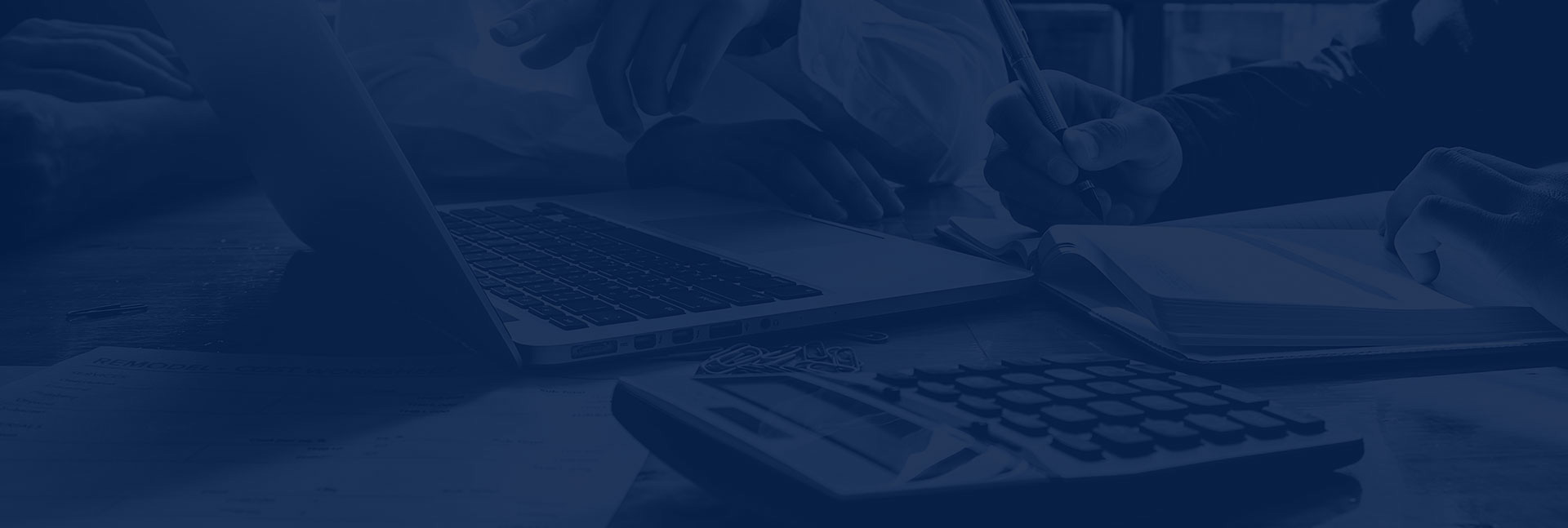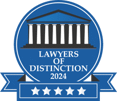Determining Liability in Self-Driving Car Accidents
With AI technology on the rise, the self-driving car industry is expected to grow in upcoming years. The Insurance Institute for Highway Safety anticipates as many as 4.5 million self-driving vehicles on U.S. roads by 2030. While automated vehicles can offer certain advantages, such as increased safety, self-driving technology isn't without downsides.
Even though self-driving vehicles can leave less room human error, that doesn’t mean that car accidents are a thing of the past. With any new technology, glitches and other errors are inevitable. In the busy streets of New York, it’s crucial for motorists, cyclists, and pedestrians to know and exercise their rights accordingly in a self-driving car accident.
In this post, we’ll explore some key elements to keep in mind when filing a self-driving car accident claim and seeking compensation under New York’s personal injury laws.
Who Is Liable in a Self-Driving Car Accident?
Determining who is at fault in a self-driving car accident can be complex, especially given the novelty and rapid growth of automated vehicles. Many factors can come into play when determining negligence in such accidents, making it vital to seek sound counsel as soon as possible. Your lawyer can protect your rights while maximizing your chance of recovering fair compensation.
Pros & Cons of Self-Driving Technology
While the concept of self-driving vehicles ushers in exciting prospects for the future of transportation, it's important to acknowledge the pros and cons. While automated vehicles can improve safety and efficiency, they also introduce new challenges.
Some pros of self-driving vehicles include:
- Decreased human error: Automated vehicles are designed to operate in compliance with traffic regulations. By eliminating factors like distracted driving and poor judgment by motorists, self-driving cars can reduce the frequency of accidents.
- Detailed accident data: Self-driving cars are equipped with advanced sensors and recording devices that capture precise data about the vehicle's operation and environment. Over time, this data can offer concrete evidence in personal injury cases, particularly in accidents involving complex circumstances or questionable allegations of fault.
- Improved traffic efficiency: Self-driving cars are designed to optimize driving behavior based on real-time traffic conditions, such as regulating speed, maintaining safe distances, and making smart routing decisions to minimize traffic congestion. This can result in smoother traffic flow and reduced commute times.
Below are some cons of self-driving technology:
- Liability ambiguity: The lack of human control in self-driving cars introduces urgent challenges in determining liability in personal injury lawsuits. If an autonomous car causes an accident, who is at fault? These complexities can complicate the process of recovering damages after a wrongful injury.
- Cybersecurity vulnerabilities: Like any technology connected to the internet, self-driving cars are susceptible to hacking. Cybersecurity threats can lead to unauthorized control of the vehicle, data breaches, and other potential dangers. This not only introduces a new realm of liability issues, but also poses significant safety concerns.
- Technology malfunctions: Despite their advanced design, self-driving cars are not immune to technology glitches or system failures. It can be challenging to establish negligence in accidents resulting from malfunctioning systems, as these errors are rooted in a complex technological system rather than easily-identifiable human mistakes.
Proving Liability in Self-Driving Car Accidents
Determining liability in a self-driving car accident requires plaintiffs to identify negligent parties who are at fault for the accident. Establishing at-fault parties in a self-driving car accident can entail many legal nuances and complexities, as multiple parties may be partially or wholly liable in self-driving car accident claims. Common examples of liable parties include:
- Testing companies: The testing company may be liable if a self-driving car accident occurs during the testing phase. This is often the case if the company fails to follow appropriate protocols or neglects to address known issues with the autonomous system.
- Manufacturers: Manufacturers of self-driving vehicles and their components can be liable if the accident results from a manufacturing defect. Keep in mind that this can extend to manufacturers of the vehicle itself, the autonomous system technology, or other car parts.
- Vehicle owners: Owners of self-driving cars can be held responsible for damages if they neglect to complete regular maintenance, updates, or inspections required for safe operation, directly contributing to the accident.
- Other commuters: Fellow commuters and motorists can be liable in self-driving car accidents if they cause the accident by acting negligently, such as by failing to obey traffic laws, engaging in distracted driving, or driving under the influence of alcohol or drugs.
- Government or regulatory bodies: If the accident results from inadequate regulations or enforcement surrounding self-driving cars, governments and other regulatory bodies may be partially liable.
- Passengers: If the passenger in the self-driving vehicle interfered with the autonomous system's operation or engaged in distracting behavior that led to the accident, they may be liable for resulting damages.
10+ Years Pursuing Justice for Injured New Yorkers
Our knowledgeable firm has served clients in Queens and beyond for over a decade. With hundreds of cases handled and a longstanding reputation for excellence and high-quality representation, New Yorkers trust the Law Office of Seni Popat, P.C. to prioritize their legal needs and protect their rights.
Our lawyer has a client-backed track record of success in a wide range of personal injury disputes, from slip-and-fall accidents to medical malpractice to nursing home abuse. If you were harmed by someone else’s negligence in New York, turn to a team you can trust to keep your best interests at heart, hold negligent parties accountable, and advocate for the maximum compensation you deserve.
No one deserves to suffer for someone else’s negligence. If you were wrongfully injured in Queens, contact us online to discuss your case with our seasoned attorney.













